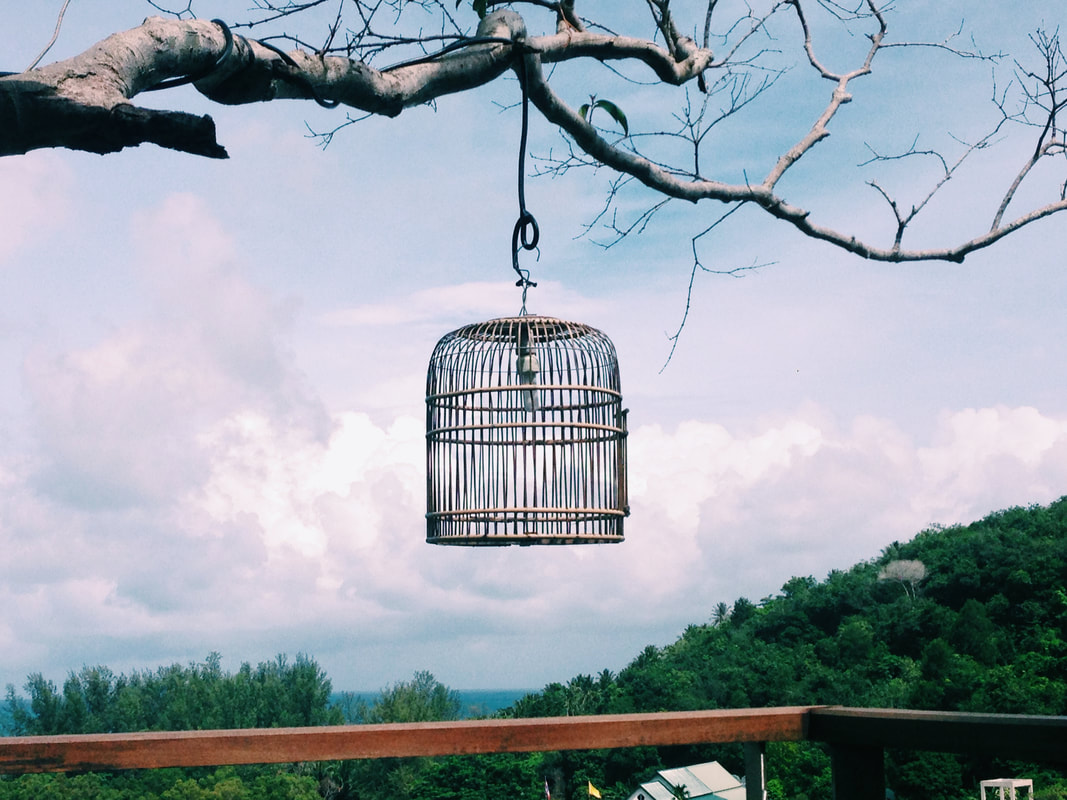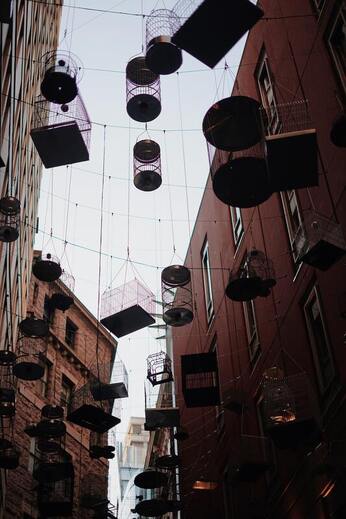WAITING FOR REDEMPTION
As with every plot twist, a story usually has elements of foreshadowing that precedes the change and it also unfolds in seemingly unexpected ways. It also carries the characters through on a new path. I wanted to capture the state of the world from an African perspective. A song by Johnny Clegg and Savuka came to mind: Dela. I recall in a radio interview once, Clegg explained the inspiration for the song as having come from the joy in seeing something beautiful when everything seemed so bleak — such as a yellow flower growing through a crack in the concrete pavement. LIVING IN A DELA WORLD
Once we know where we are, we can determine where we want to be and figure out a way of getting there. In other words, we need to tell our own story. In isiZulu, “dela” has paradoxical definitions which seem fitting for a narrative of our times: “to be satisfied” or “to have had enough” on the one hand, and to “abandon”, “give up”, or “sacrifice” on the other. In applying this perspective, we can answer the following questions: • What are we satisfied with? (What do we have enough of?) • What are we willing to sacrifice? (What do we need to let go of?) I think I know why the dog howls at the moon In ongoing conversations with friends and colleagues who’ve been employed by companies throughout lockdown, a shocking common thread emerges: they are like caged birds, confronted by their conditions of ‘captivity’, and longing for their freedom. Just as the caged bird sings in order to cope, many employees are performing beyond expectation — whether it’s to prove their worth to their employer, or to feel safe within the confines of certainty as the world around them unravels. By applying the DELA framework, we can make sense of this observation. In short, businesses are trying to gain or maintain control over their people and profit in an increasingly unstable, unpredictable, and uncertain world. This trend is amplified by lockdown as more are working from home rather than in an office, making them less visible, accessible, and controllable. Several employers are applying outdated metrics of trust, and so employees are less motivated to produce meaningful work but are expected to be highly productive. This isn’t to say that ways of working need to be scrapped and entirely replaced, or that one approach is better and suitable for all. Some people perform better when given the freedom to self-govern, while others lack the self-discipline needed and so benefit from boundaries. In letting go of the need to control our circumstances, to make visible people’s actions, to measure progress through profit, and to place limitations on what is possible or acceptable — we can find comfort in our rituals and routines, create open channels for communication, build mutual trust, and respect people’s freedom of choice. Originally published on Marklives
0 Comments
Leave a Reply. |
MARGUERITE COETZEE
ANTHROPOLOGIST | ARTIST | FUTURIST CATEGORIES
All
|




 RSS Feed
RSS Feed
